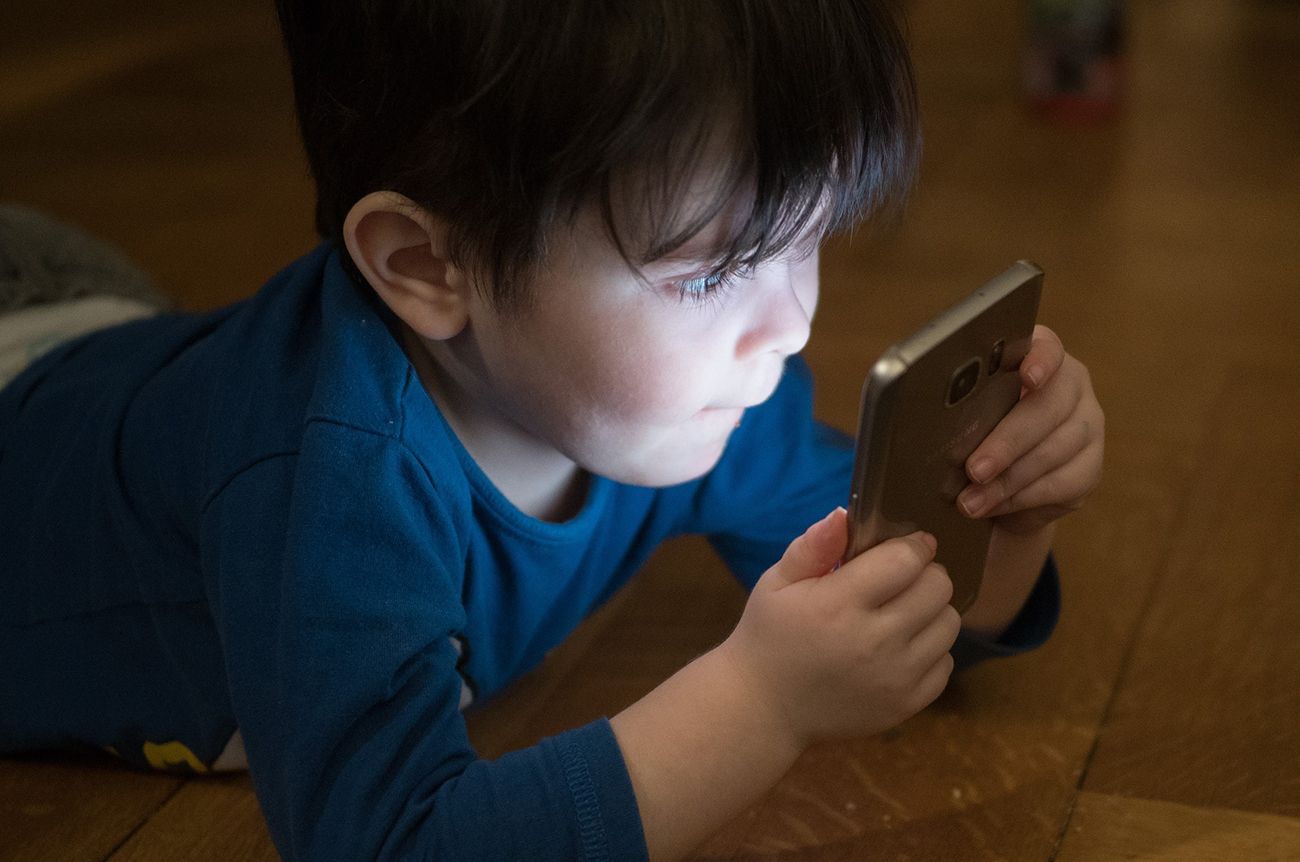RIO DE JANEIRO, BRAZIL – The Consumer Protection Department of the National Consumer Secretariat (SENACOM), of the Ministry of Justice, has opened an investigation against
Google for “allegedly collecting data on child and teenage YouTube users, without their parents’ knowledge.” According to the agency, this information is being used “to authorize targeted advertising.”

The data collected involves the location of the users, the type of device used and the phone number. Google has up to 10 days to respond to the inquest. Consulted by Agência Brasil, the company replied that it has “nothing to comment.”
The secretariat also reported that it had been made aware of the US$170 million fine imposed by the U.S. Federal Trade Commission (FTC) for violating the privacy of children who use the YouTube video service, a subsidiary of the group, as well as the agreement signed with Google to change the platform’s rules.
In August, SENACOM notified Google of other suspected privacy violations. The secretariat investigates a “possible misappropriation of user data on geolocation. The intent is to ascertain whether the collection of data of Google’s service users’ locations and travel, took place without their consent.
Fines and measures
This week, the U.S. government’s Federal Trade Commission (FTC) fined Youtube US$170 million for violations of children’s privacy. The platform was using data from these users to forward targeted advertising, which is prohibited by U.S. law.
In addition, the agency signed an agreement in which the video platform, a subsidiary of the Google group, pledged to adopt a series of measures to reduce the abusive use of these users’ information, which will apply to the entire world. Video creators will have up to 4 months to adapt.
Under the agreement, content aimed at children will have to be identified as such and will have to comply with the legislation, such as the requirement to obtain parental consent for the collection of data from children aged 13 and younger.
In the evaluation of Lívia Cattaruzzi, lawyer for the Child and Consumption Program of the Alana Institute, the agreement was important, but it only ensured compliance with the law, which should already be a practice on the platform. Despite adhering to the law, the lawyer warns that there are still problems in the video service, such as the fact that children are exposed to inappropriate content and the existence of concealed advertising.

